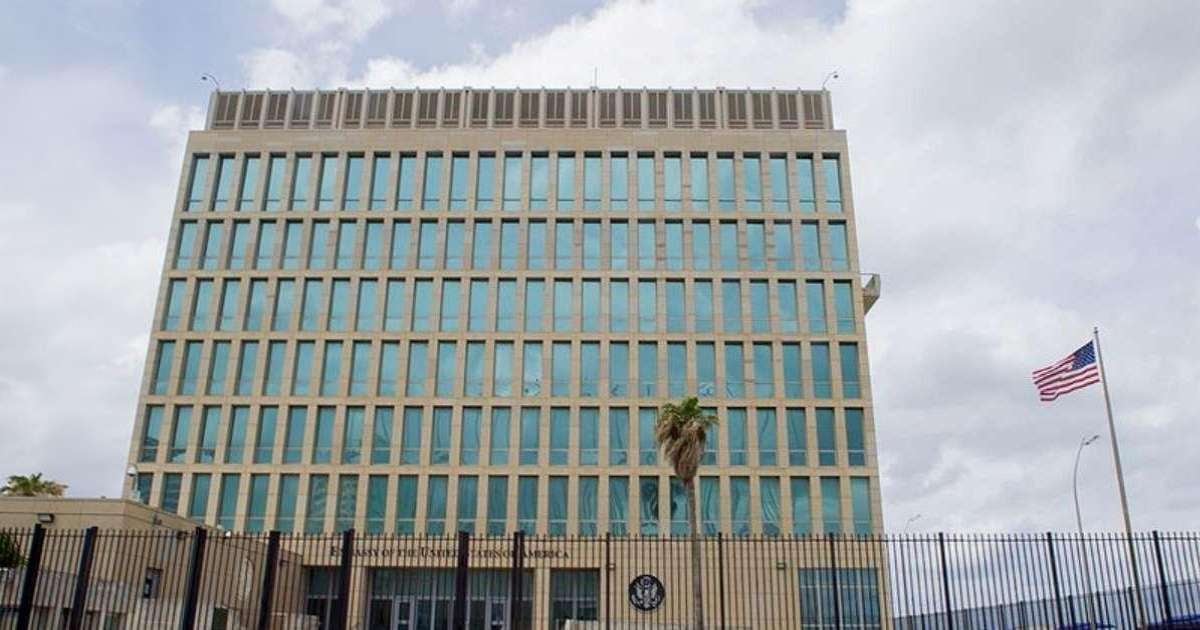The U.S. Embassy in Cuba has ceased all services this Monday due to a widespread collapse of the nation's electrical grid. The embassy will remain open solely for emergency cases, as declared on Sunday. A security alert was issued for U.S. citizens and visa applicants in Cuba, highlighting that "due to power outages," the consular section will operate only to provide emergency services on September 21.
Routine services, such as appointments for U.S. citizens and both immigrant and non-immigrant visas, are to be rescheduled, the statement clarified. The embassy also reassured that there's no need to contact them as information regarding rescheduled appointments will be communicated directly to applicants.
Additionally, the notice specified that U.S. citizens requiring emergency assistance should call +(53) (7) 839-4100; after hours, they should dial 1, then 0, or email ACSHavana@state.gov. The embassy encouraged U.S. citizens in Cuba to take precautionary steps like staying informed through local media, storing water and food, keeping mobile phones charged, reviewing contingency plans, and maintaining frequent contact with family and friends. They were also urged to register at step.state.gov for security updates.
This announcement follows the Cuban government's decision on Sunday to suspend all non-essential administrative and educational activities from Monday to Wednesday. This is due to Hurricane Oscar's approach in eastern Cuba and ongoing efforts to restore the National Electric System (SEN), which has been completely down since last Friday.
Vital services will continue to operate, according to a brief statement from the authorities. However, as of last Thursday—one day before the SEN's disconnection—the government had already declared an energy emergency, implementing measures effective from Friday to cut electricity consumption and "preserve" residential service as much as possible.
Non-essential services that consume energy have been halted, while crucial centers like hospitals and food production facilities remain operational. Only essential personnel will continue working at these centers, emphasized a statement from the Cuban Electric Union (UNE).
Prime Minister Manuel Marrero warned on Thursday that the country's energy situation is extremely dire, with no immediate solution in sight. The following morning, the SEN fully collapsed, and over 48 hours later, the situation remains unresolved.
Meanwhile, alongside the desperation and uncertainty faced by Cubans enduring prolonged power outages, there's now the looming threat of Hurricane Oscar, which is set to impact the eastern region of the country. The initial effects of the Category 1 hurricane were felt on Sunday in the city of Baracoa, Guantánamo, leading to sea surges and flooding along the seafront.
